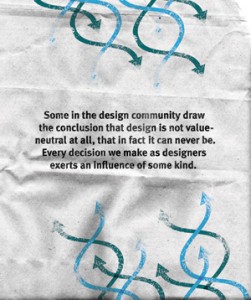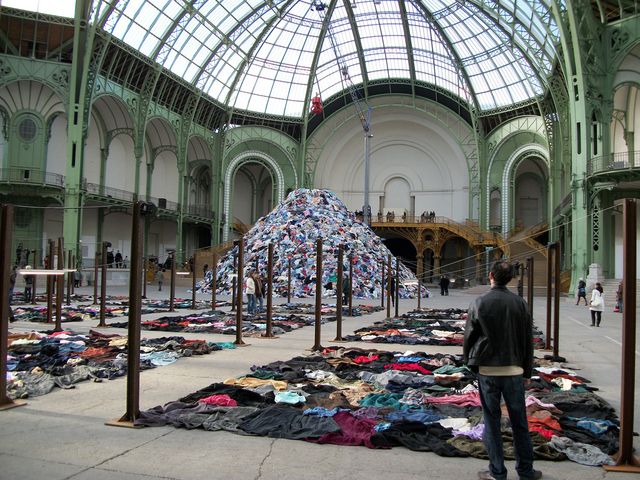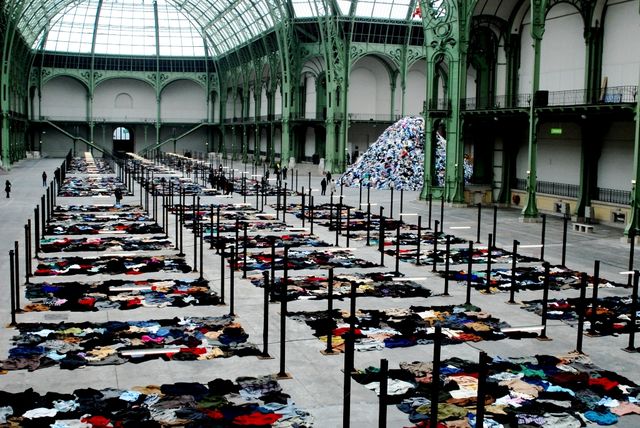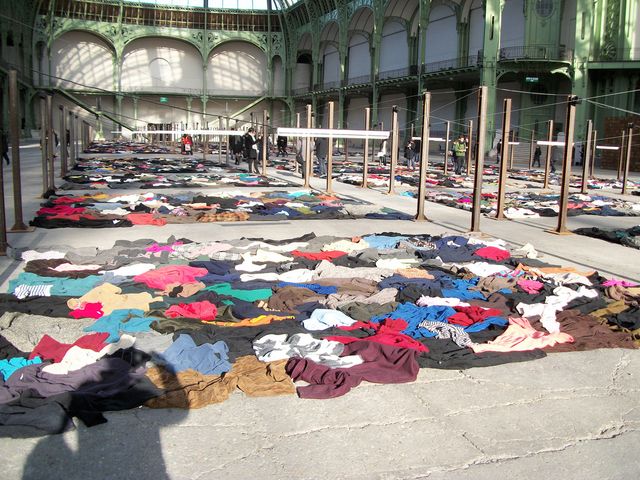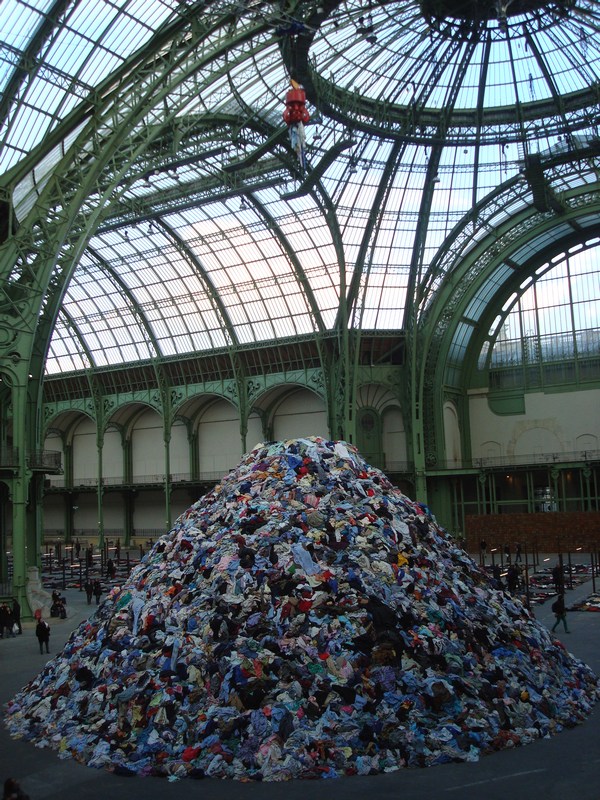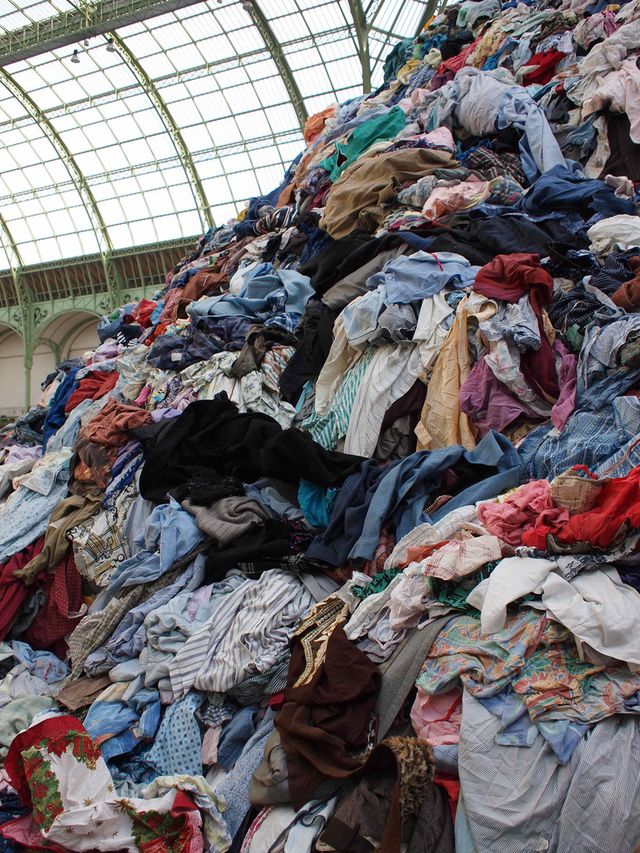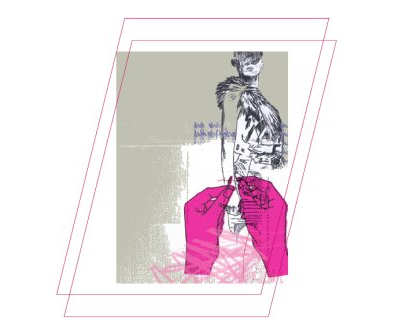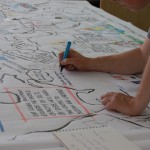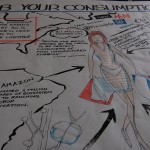This question was answered recently by Banny Banerjee, Director of the Stanford Design Program and Associate Professor of Mechanical Engineering. In short, his answer is YES!
Banerjee’s work, which is related to energy consumption in the home, has shown that designers should focus on ways to appeal to the ‘irrational‘ side of consumers. That’s the side that chooses to buy the designer t-shirt even though a generic brand t-shirt of equal quality is available at a much lower price. According to ethnographic research,
Can these ideas be applied to fashion design? Absolutely! Think of the previous passage like this:
…consumers are not swayed to adopt solar power ethical fashion based on a rational comparison of dollars per watt unit, as much as on whether their neighbors have taken the plunge. Also, people do not have an intuitive understanding of energy the impact of their consumption decisions like they do with time and money. It does not appear to be enough to flatly inform people of the facts of their energy usage the impact of their consumption decisions. Instead emotional motivation, habits, and tiny choices that people make in their day-to-day lives without necessarily being conscious of them are important factors in how a crucial resource such as energy gets used consumption decisions favour sustainability.
The current fashion industry is largely driven by a ‘fast-fashion’ trend. A popular arguments is that the consumer is driving this trend and companies that do not comply will fail miserably. The problem with this argument is that it assumes that the consumer is at the bottom of a pyramid of responsibility and the designer is, of course, at the top simply creating products needed craved by consumers. But, if designers, through their actions (read: designs), can change behaviour, responsibility is suddenly shared between parties involved in the system (including brands).
In a conversation with Mary Hanlon, she brought up the idea of applying design concepts to address sustainability. Using end-user experience as a focus, Mary made the following point:
“When we consider that the impact of a garment on the user side of the life-cycle is often larger than on the production side, it becomes clear that the consumer experience cannot be ignored. We need to change the norms and frameworks that surround consumers to create systems that move toward sustainability. If fashion designers are able to change consumer perception through aesthetic based frameworks, they have the responsibility to change behaviour.”
Changes in consumer behavior can be done through a variety of strategies including the choice of materials and effective labelling of care requirements which was discussed before on SA. Some other strategies can be found here. Perhaps the most recent example is that of Brazilian company Tristar Jeans which advocates freezing your jeans instead of washing them which is only necessary to remove stains. Also, their jeans are reversible allowing longer wear time between washes. For more on Tristar click here.
